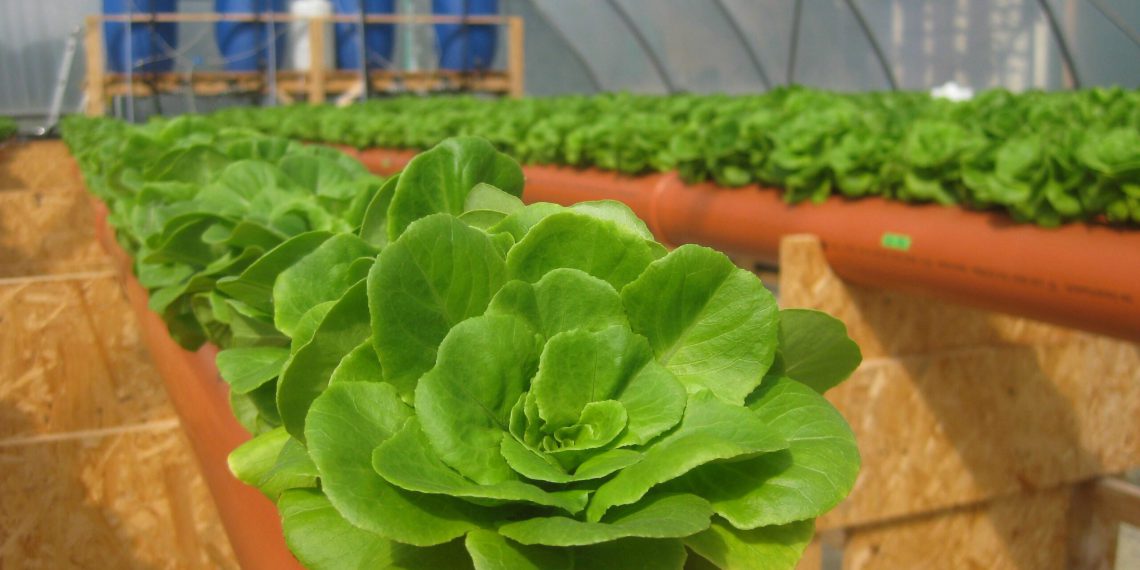The process of an agricultural food production with recycled water, successfully developed in the HypoWave research project, is going into large-scale application for the first time. In the course of the follow-up project HypoWave+, the research network has begun preparations for hydroponic vegetable production with recycled irrigation water on a one-hectare site.
Agricultural production worldwide is increasingly dependent on irrigation. But regional water shortages and the resulting conflicts over use are on the rise. High-yield harvests cannot be taken for granted in Germany either due to prolonged heat and dry soils. New, water-saving cultivation methods are being sought. With the HypoWave+ research project led by the Technical University of Braunschweig, the German Federal Ministry of Education and Research (BMBF) is therefore funding the implementation of an alternative form of agricultural cultivation in combination with water reuse on an industrial scale.
HypoWave process: Alternative for agriculture
The hydroponic process, in which plants in containers without soil are supplied via a nutrient solution using recycled water, had been successfully tested in a previous project in Hattorf, Lower Saxony. “Now the aim is to take the experience gained with the water-efficient process based on recycled water to large-scale production and provide scientific support,” says project manager Thomas Dockhorn of the Technical University of Braunschweig. The new HypoWave process not only offers an alternative to irrigation with drinking water and groundwater. The cultivation method also optimizes nutrient supply, since vital nutrients such as nitrogen and phosphorus are supplied to the plants from the treated water.
Despite water shortages: regional food production in times of climate change
Together with farmers from Lower Saxony, the scientists are planning to produce up to 700 tons of tomatoes and peppers under glass on one hectare of cultivation area. The vegetables will be sold in regional grocery stores throughout the year, except for a short winter break.
“In the course of the scientific monitoring of HypoWave+, we are focusing on questions of quality management and the marketability of the process. We want to set the necessary course for this.”
- Martina Winker, project coordinator from ISOE

















